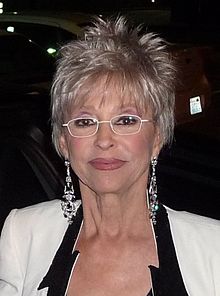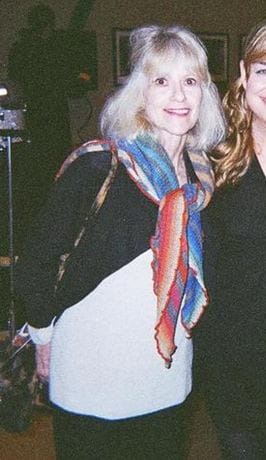

Luis Ávalos, a Cuban-born actor known for his long tenure on “The Electric Company,” the popular PBS children’s program of the 1970s, died on Wednesday in Burbank, Calif at Providence St Joseph Medical Centre on 22 Jan 2014. He was 67.
The cause was complications of a recent heart attack, his friend Gabriel Reyes said.
Mr. Ávalos joined “The Electric Company” in its second season, 1972, a time when there were few Hispanic faces on television. He remained with the show until it went off the air in 1977, appearing in more than 600 episodes.
“The Electric Company,” which taught English grammar and literacy to post-“Sesame Street” viewers, also starred Morgan Freeman, Rita Moreno and Judy Graubart.
A dapper, diminutive man, Mr. Ávalos played several recurring characters. He was known in particular for Dr. Doolots (sometimes spelled Dolots), a white-coated amalgam of the fictional Dr. Dolittle with all three Marx Brothers — boasting the voice of Groucho, the dash of Chico and the hair of Harpo.

Dr. Doolots, quite literally a prescriptive grammarian, ministers to his patients’ sundry linguistic ills with bumbling manic energy.
Mr. Ávalos’s other regular television roles include Dr. Thomas Esquivel on the CBS sitcom “E/R” in the 1980s and Principal Rivas on “Hangin’ With Mr. Cooper” in the ’90s.
His film credits included “Hot Stuff” (1979), “Stir Crazy” (1980), “Hollywood Homicide” (2003) and “$5 a Day” (2008).
Mr. Ávalos was born in Havana on Sept. 2, 1946, and moved to the United States with his family when he was very young. Originally trained as a stage actor, he earned a bachelor of fine arts in theater from New York University and afterward joined the Repertory Theater of Lincoln Center.
His Broadway credits include a 1970 revival of Brecht’s “The Good Woman of Setzuan”; he also appeared Off Broadway and in regional theater.
He had guest roles on many TV shows, among them “The Jeffersons,” “Barney Miller,” “Hill Street Blues” and “NYPD Blue.”Avalos also went on to appear in 21 episodes of the CBS hospital-based sitcom “E/R” as Dr. Thomas Esquivel and as Principal Rivas on ABC’s “Hangin’ With Mr. Cooper.” Some of his other TV credits include “Jack & Bobby,” “Full House,” “Resurrection Blvd.” and “NYPD Blue.”
The Havana native was also featured in several films, including “Jungle 2 Jungle” with Tim Allen and “The Ringer” with Johnny Knoxville. His final film project, “$5 a Day,” was released in 2008.
A resident of Los Angeles, he was the founder and artistic director of the Americas Theater Arts Foundation there, which supports productions of plays with Latin American themes.Mr. Ávalos’s only immediate survivor is his companion, Angel Febo.
In 1983, Mr. Ávalos starred in “Condo,” a short-lived ABC sitcom about an upscale white family and its Hispanic neighbors. The series, which also starred McLean Stevenson, was faulted by some critics for trafficking in ethnically based insult comedy.
“I think that the greatest enemy to the understanding among people of different backgrounds is not the expression of ideas or the occasional trading of insults,” Mr. Ávalos told The Associated Press in response. “The greatest enemy is invisibility.”
Avalos also often said in interviews that he turned down many roles because they negatively portrayed Latinos. "But I hate to turn down work," he said in a 1987 San Diego Union-Tribue Story,"because the same producer may have a good role next time, and won't offer it to you...Hispanis are an important part of the fabric of this nation, but they have a long way to go. Kids need to see images that are positive, not just to be shown as a a busboy."
http://www.nytimes.com/2014/01/28/arts/television/luis-avalos-actor-on-the-electric-company-dies-at-67.html?ref=obituaries






 \
\












